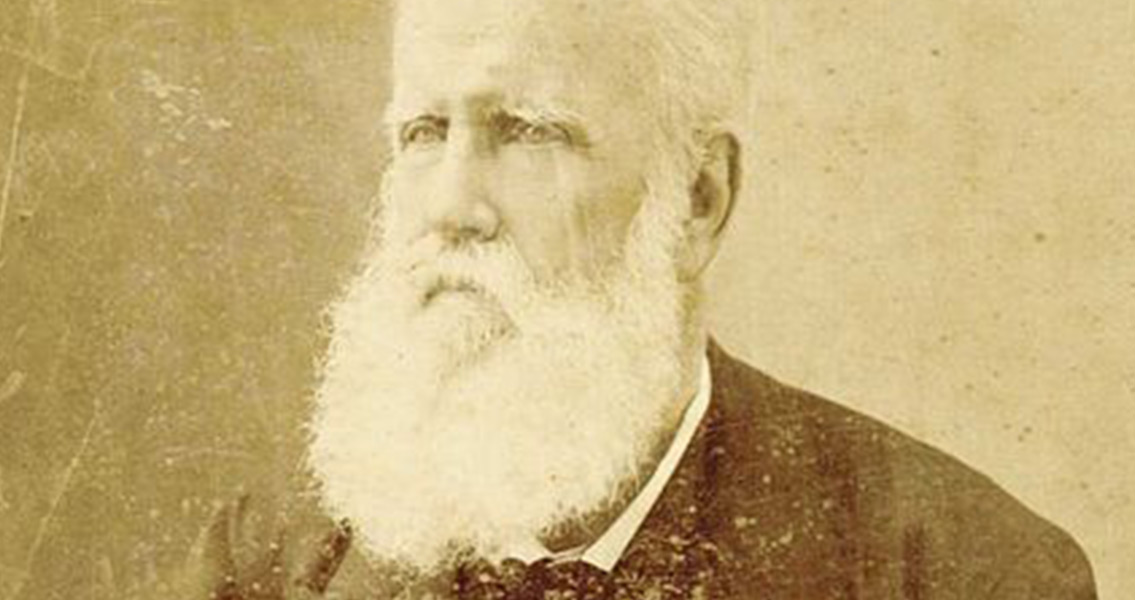<![CDATA[On November 15th 1889 one of the shortest run empires in history came to an end. The second and final Brazilian Emperor, Pedro II, was deposed in a military coup. The Brazilian monarchy had only started in 1822, and Pedro II ruled it from 1831, when he was just five years old. The Brazilian Empire originated in the country's long running drive for independence from its Portuguese rulers. In 1822 Brazil was governed by Dom Pedro, the father of Pedro II, and son of King John VI of Portugal. He had created a council of advisors who favoured a totally independent Brazil. On the other hand, the Portuguese royal family and government wanted to completely re-colonise the country and take much more direct control. History seemed to be on Brazil's side. The United States had successfully won independence in the previous century. Several European countries had either completely abandoned their monarchy, as in the case of France, or were making sweeping changes to their political systems, as in the case of Great Britain. This was a time of change, in the Old World, and the New, when ideas about freedom, colonialism, and the very nature of politics were being questioned like never before. The surprise perhaps, is that the Brazilian people consented to replacing one king with another. Dom Pedro finally declared independence on 7th September 1822. It is unclear exactly why he decided to make such a bold move at that moment. It seems that he had received letters from his parents, demanding he return to Brazil to complete his education. Of course, it is absurd to think that a country declared independence purely because of one person's conflict with his parents, but the event may have been an important catalyst. Pressures from inside and outside Brazil meant he found himself restricted to only two paths - either declare complete independence, or accept the return of Portugal's colonial forces. He chose the former. After news of Pedro's declaration reached Portugal, Portuguese soldiers were sent to try and reclaim the former colony. Brazil's war of independence lasted until November 1823, when the Portuguese government finally recognised the country's independence. Emperor Pedro I ruled Portugal until 1831. His reign was a tumultuous one. Huge swathes of Brazilian society believed breaking ties with Portugal had been the wrong move. Conflicts also arose over the nature of the county's government. Pedro I, perhaps reflecting his childhood in the Portuguese court, seemed drawn towards an autocratic regime. Although he ultimately agreed to a constitution, it was a deeply unpopular one that afforded little influence to parliament, and led to popular uprisings against the emperor. An embarrassing loss in a war with Argentina further tarnished his reputation, and led to his abdication. Pedro II quickly proved a much more talented leader than his father. During his five decade reign the Brazilian economy stabilised and became one of the strongest in South America. Socially and politically the country became more united, and its independence became even further entrenched. Nevertheless, his government ultimately failed, for a number of internal and external reasons. A costly war with Paraguay was funded with British loans, which put Brazil into enormous debt. Another key issue was the abolition of slavery in Brazil, in 1888. Although slavery had been in decline in the country due to prohibitive legislation, the Emperor offered no compensation to the powerful rural elite when slavery was completely illegalised. This alienated a large and powerful portion of Brazilian society. Perhaps most significant was the general path of history. Brazil's middle class was expanding and becoming increasingly important to the nation's economy and political system. A centralised, monarchical government was simply not compatible with the new Brazil that was emerging. As a result, some of the wealthiest regions, such as Sao Paulo, started to request greater autonomy. All of these factors, when combined with a powerful army that felt detached from the political system, ultimately led to the coup in 1889. Brazil may have gained independence in 1822, but it only decisively cut the chains of the old European monarchies in 1889.]]>
The Last Brazilian Emperor
